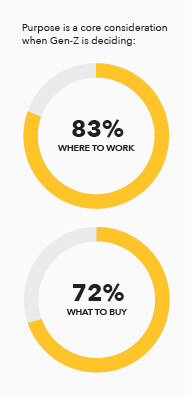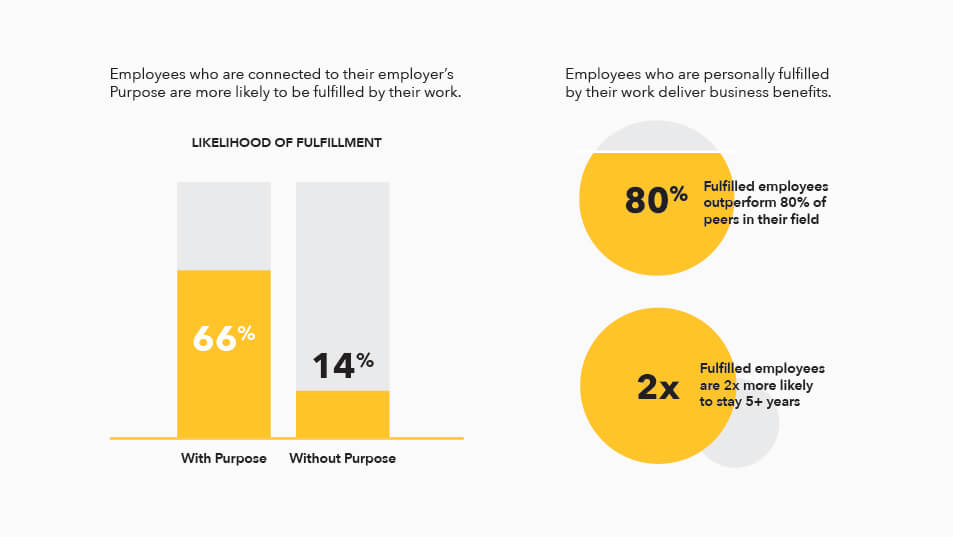Over the last few years, the automotive industry has experienced massive disruptions, and all signs point to these disruptions creating lasting effects that will change the very landscape of our society. Changes are being driven via shifts in societal norms, regulatory requirements, and technology. We are seeing an evolution from traditional internal combustion engines to hybrids and electrification. We are also seeing hard right turns in consumer behavior as ride sharing and connectivity alter the landscape. All of which is driving significant change in the automotive and mobility industry. We have new players making waves in the space, bringing new ways of thinking, leading with technology and software. The industry is in a state of instability and we foresee “change” taking place down the road for years to come.
In early 2020, a sinkhole opened as an unexpected worldwide pandemic forced the auto industry to focus entirely on managing the short-term effects of the crisis. While new vehicle demand in mature markets such as Europe and the United States will not return to pre-covid levels until 2023, fast reactions and initiatives such as capital efficiency, asset utilization, and cash flow management, have prevented a crash. In fact, the industry is managing though the crisis quite well. Immediate impacts have been companies seeking to do more locally, implementing new ways of working remotely (particularly for white collar workers), and increasingly leveraging digital channels to interact with their consumers who are no longer out and about like they used to be. Things are moving in the right direction, but the industry needs to face the reality that this is not a temporary situation — the supply chain, operating model, and consumer behavior have all profoundly changed.
Slowly, we see the focus naturally turning from short-term crisis management to thinking about how to respond to these permeant shifts and come out of this crisis tougher and better than before. Automotive companies must figure out how to be the best at the game today while simultaneously positioning themselves to win the long game. It’s a hard-balancing act, and it’s easy to get lost amid so much change. That’s why, automotive companies now need to address the biggest asset they have to help them move forward and rise up stronger than ever: their people. It is critical that companies ensure their employees are engaged, are clear on where the organization is headed, and are inspired to help get there. One of the fastest levers to increase your people’s alignment and engagement is a powerful purpose. And we’ve got the research to prove it.

Why is this important, now more than ever? Well, there are actually a lot of reasons. Purpose gives companies a powerful North Star that allows them to develop and deploy a competitive strategy in a way that makes tough choices make sense and makes people stand up and deliver. When employees understand where the company is headed and why, they can make the right choices to help move in that direction.
This is true for all companies, but let’s look closely at the automotive industry. The evolution we see is massive. It’s not happening overnight, but over the next 5-10 years we will see major change: more ridesharing, increased focus on sustainability, adoption and prevalence of EVs in passenger and commercial vehicles, and continued advancement on the road to autonomous vehicles. Tackling these challenges will require players across the industry to attract and retain the best talent, create more engagement and provide more clarity and alignment to successfully meet the challenges of the next decade.
And this is exactly what Purpose does, especially for large, complex organizations in the automotive sector.
Ease of Recruiting:
Traditional auto OEMs and Tier 1 suppliers are increasingly competing for digitally skilled talent from Gen-Z in order to create more innovative, competitive offerings. They want the new generation to help drive a new culture, one that’s more agile and moves faster. Gen-Z expects potential employers to act with purpose. 83% of Gen-Zers think purpose is a core consideration when deciding where to work, and 75% will do their research to make sure a company is acting when it takes a stance on an issue.1
Increased Engagement and Retention:
But recruiting is just one reason to have a strong company purpose. It also helps increase engagement with people who are already working for you. Employees who are connected to their employer’s Purpose are more likely to be fulfilled by their work (66% more likely to be exact), and employees who are personally fulfilled by their work outperform 80% of peers in their field. Even more exciting is the fact that fulfilled employees are twice as likely to stay more than five years, reducing turnover costs and increasing productivity.2

Organizational Alignment and Focus:
So, purpose is not only helpful in recruiting and retaining talent, it’s helpful in unlocking discretionary effort, but what makes it such a powerful tool? One of the reasons we’ve seen over and over again in our 25 years as a purpose consultancy, is that purpose provides clarity and direction when an obstacle appears. When leaders have a powerful narrative about why things need to change, it’s easier to get everyone on board. If you want your employees to drive the company in the right direction, they need to understand where the company is going, how to navigate there, and most importantly, why that location is the place to go.3
At BCG BrightHouse, we help companies uncover their why, their timeless purpose, and then we develop a narrative that ties it all together, supporting necessary changes in strategy and direction to keep companies on the right path. This opens the aperture of what is possible for organizations, allowing them to see a vision of their future that’s bigger and brighter. One of the best examples of how this can work in the automotive industry is illustrated by looking at a recent focus on purpose by Mercedes-Benz.
Case Study: Mercedes-Benz
Mercedes-Benz wanted to continue to lead the industry they founded. But with shared, autonomous, connected and electric models causing a radical shift in the dynamics of the automobile industry, they needed a North Star to clarify their timeless role in the world and challenge their people to go further. We worked with them to first gain a deep understanding of their stellar history, create four authentic, timeless principles, and then articulate their timeless purpose. Through all our research, workshops and time together, it became clear the Mercedes exists to “First Move the World.” With that bold ambition made clear and the power behind it, they also made a set of incredibly bold commitments. The plan, called Ambition 2039, put them on the path to sustainable mobility.
But even more importantly, it rallied their employees and created a culture of trust. We know from research that 72% of people feel proud to be associated with companies that lead with Purpose. We also know that when the COVID-19 crisis hit, Mercedes-Benz rallied.
Because their Purpose is “First Move the World,” Mercedes-Benz didn’t wait before committing machinery, know-how, and skilled personnel to the COVID-19 crisis. They quickly donated 110,000 respirators for hospitals and medical practices. They turned on a dime and repurposed their 3D printers to manufacture face shields, while they rushed to set up a temporary hospital with 1,500 beds in India.
These interventions, driven by Mercedes-Benz’s Purpose, brought their employees and partners together in a mutual drive to make the world better, even as they worked to reopen plants and care for the health of their employees. Employees had many reasons to feel proud of their company’s response.
Purpose gives employees meaning that can help them through tough times; yet it also helps employees accelerate through, and focus on the vision of the organization, despite the tough times. Purpose flips the narrative. It reminds us that the automotive industry is more exciting than ever. The emergence of new technologies and business models has enabled new forms of mobility previously not thought possible. Traditional business models are being upended and exciting new challenges appear daily, yet those companies with the courage to think big, challenge the status quo, and lead with a well-defined purpose will be best positioned to realize their full potential.
- Source: 2019 Porter Novelli Cone Gen-Z Purpose Study (n=1026 American consumers age 14-22)
- Source: 2019 Imperative Purpose Workforce Index
- Source: 2019 Porter Novelli Cone Biometrics Research Study